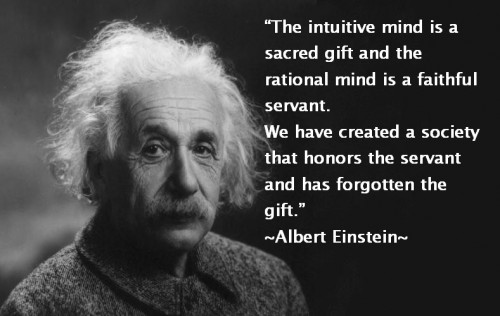School is an emotional experience
For many students, school is an especially emotional experience. This is
critical to remember during transitions. The students I work with are
often sensitive to begin with. Their baseline of stress is already a bit high and they can be easily triggered, therefore experiences often feel more intense than they might really be. These students are often sensitive to other distracting stimulus, which further complicates matters: sounds, touch, light, color, movement and smell, all vie for attention. No wonder it’s hard to
focus on learning and on the immense amount of details presented by teachers at the beginning of the year.
Runnin’ hot
These students are already “running hot,” so imagine what it’s like for them on the first day of school. They are excited to see old friends, afraid of run-ins with old enemies, sizing up new people, adjusting to new teachers, new schedules, new books, new content areas, new expectations, new environments, trying to figure out where they fit into their complex social web.
Every moment is a risk. Every moment is laying the groundwork for how they will experience the rest of the year. Will it be overwhelming, awesome, a roller coaster, a pit of doom? Will it be fun, challenging, sad, empty? Will it be meaningful, encouraging, scary, hopeless? Will it inspire passions, interests, a love for learning and life? Will it disintegrate hope, corrode self-confidence, deteriorate dreams? Will it be all of these things and more?
Remember what it was like?
Sometimes it’s difficult for us adults to remember how massively emotional school can be. A stop at the water fountain can turn into a nightmare in Loserville. A zit can seem like a major embarrassment. A teacher’s thoughtful advice may be interpreted as, “Why does she hate me? I can’t do anything right. I’m a failure.” A glance from another student can seem like a life-threatening attack. The humiliation of dropping a pencil or being called on can cause poisonous loneliness. Constant micro-experiences must be navigated, however ungracefully, and there will be consequences. Perhaps positive- a great group of friends forms the basis of lifelong friendships. Or perhaps one biting insult catapults a student into the depths of isolation and despair.
Attention, focus, concentration
Again, school is an emotional experience, and
emotion drives attention. So when a student perceives messages like, “Just try harder. Why don’t you just focus? Pay more attention. Quit daydreaming and get with it. You should know better,” they may very well be hearing, “What’s wrong with you? You’re a failure. You’re worthless. You’re nothing.” Needless to say, students attend most to what they feel.
You can help them feel safe and secure in life, which will transfer to school.
If you carry guilt, gently let go of it. You learned from the models you had growing up, and this may not serve you any longer. How were you dealt with? What did you need? How can you best offer that?
Listen and hear
Yes, school is an emotional experience. Students of all ages, even doctorate students, can suffer internally. So take some time to listen to your child. Instead of problem solving for them, really listen and problem solve with them. Try asking, “how can I be helpful?” instead of assuming you know what they need. Often, students know what they need but it may take several seconds of patiently waiting for them to verbalize and articulate a response. Resist the temptation to start talking right away and fix, save or enable. Wait. Sometimes it even takes minutes of venting, crying, blaming, yelling, expressing their current reality. Try saying with confidence, “I’m here for you”. Remind them to breathe. Be present, be stable. Look in their eyes and listen. Shut off the TV, close the laptop, put the cell phone away, the newspaper down. Be fully present. There’s a big difference between listening and really hearing what is beneath the surface. Be present enough that you can tap into your gut, your intuition, your deepest kindness.
What you do makes a difference
Remember, they are running hot and it is your support helps them find solutions, learn to be reflective, to set healthy boundaries. Your empathy helps them feel safe, accepted, understood, loved. Your support matters and teaches emotional regulation. Even if it doesn’t seem like it you do help them “run a bit cooler.” Your student needs you to help them navigate their experiences and what you do makes the difference.

